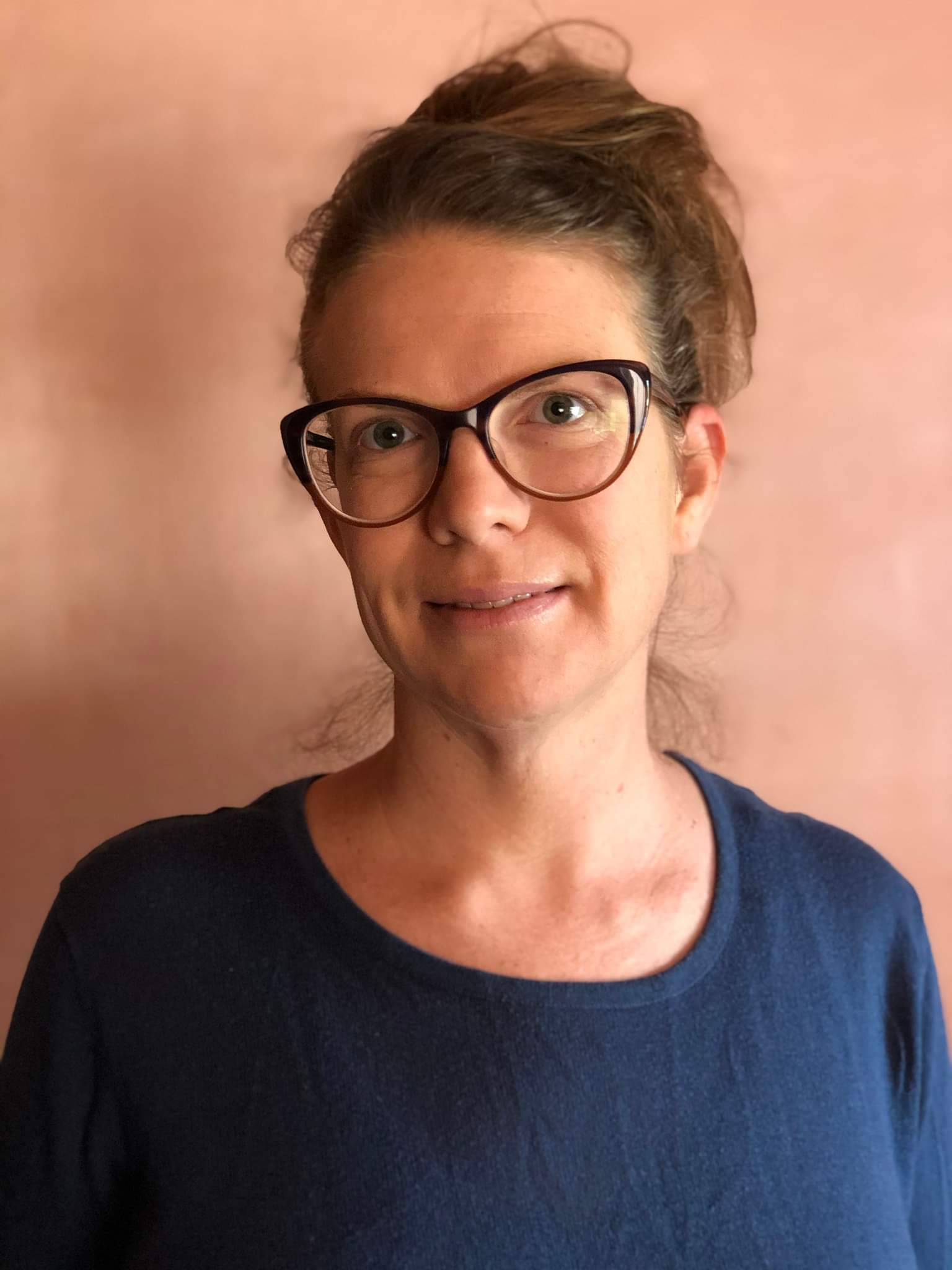Emic Studies on Deaf Signing Communities
Deaf individuals have been subjected to research that lacks emic perspectives of community members. History has shown that education, linguistics, and philosophy were aligned with the belief that signed languages were not authentic languages simply because they were not produced via speech. Language policy and planning for deaf children has impacted their language acquisition and attitudes about spoken and signed languages as adults. With respect to research ethics with deaf people as study subjects, what it means to conduct ethical research on deaf children and adults of diverse backgrounds has been discussed. However, minimal attention has been paid to the complex dynamics in collaborative deaf-hearing research relationships in signed language documentation projects, one of my areas of interest given my role as a deaf linguist in various collaborative projects. My research identifies ethical issues that have been overlooked, and probes the perspectives of deaf individuals on these ethical issues related to bilingualism/multilingualism, sign language documentation, and language policy and planning in the Canadian context.

Erin Wilkinson
Professor
Department of Linguistics
University of New Mexico
Contact: /www.unm.edu/~ewilkins/.
©2023, All Rights Reserved: /www.unm.edu/~ewilkins/.